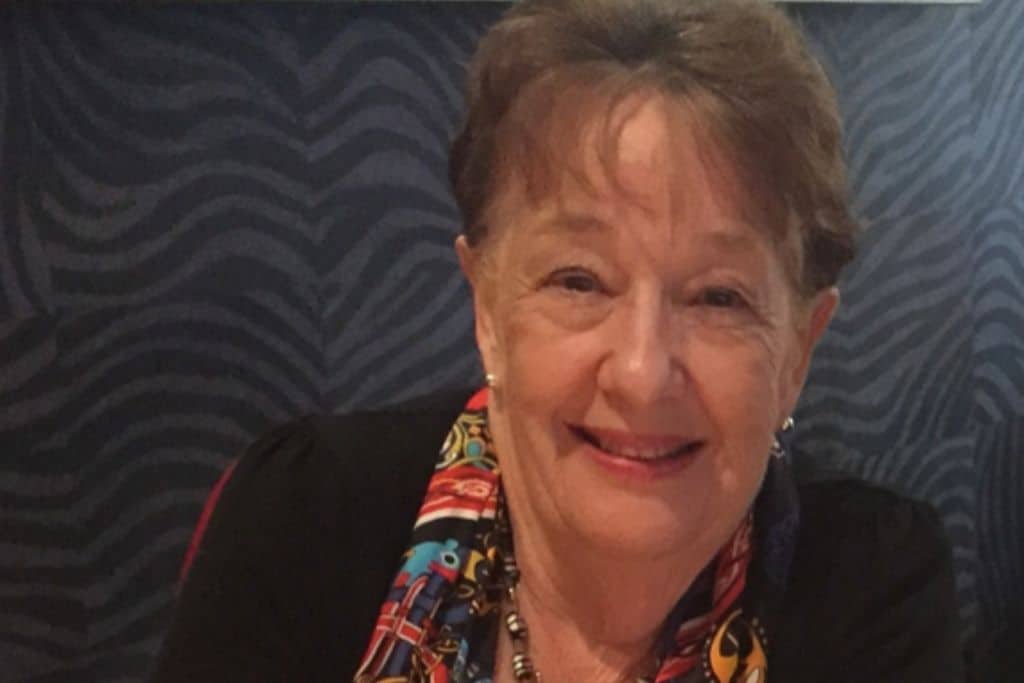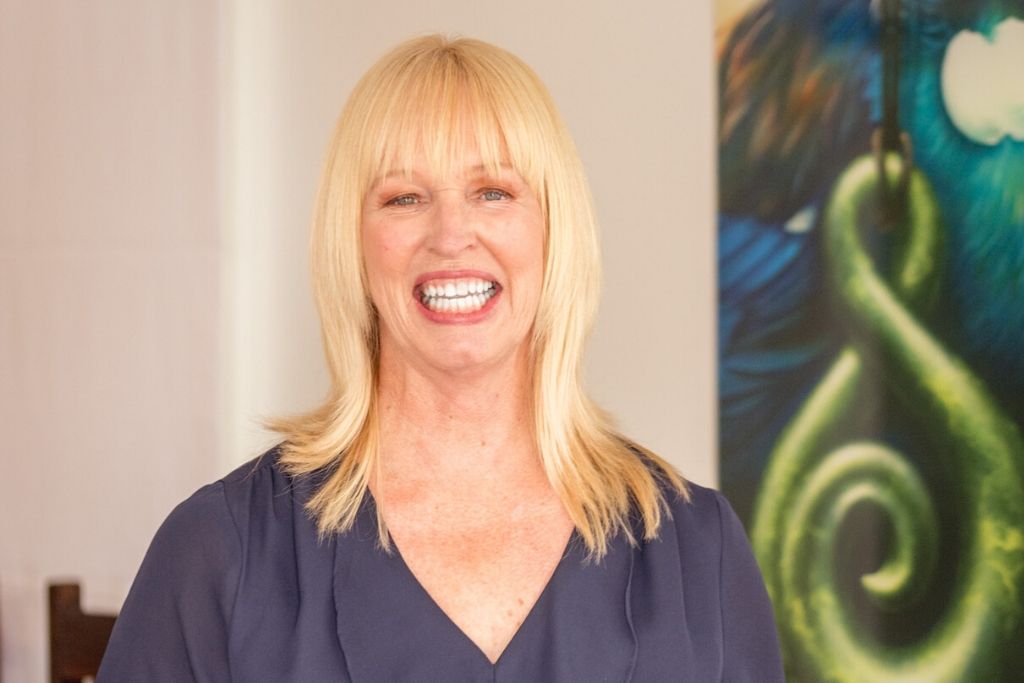These ‘Ask An Expert’ posts are interviews I’m carrying out with trained individuals who come into contact with people struggling with booze. The idea is to humanise and demystify the clinical/medical field for us all, to draw information from these kind and knowledgable people, and hopefully in some instances empower us to reach out more for the great help that is available in the community.
Today’s expert is Krystle, an Alcohol Drug Helpline counsellor based in Christchurch.
=======
Mrs D: How did you become a Helpline worker?
Krystal: I always had a desire to help others and did a counselling degree over 4 years and did a lot of volunteer work with the homeless, sex workers, and marginalised/misunderstood people and youth in our society. I then applied for the Helpline job as I had my own personal experience with alcohol and drug abuse which has helped me have empathy for each caller that sincerely wants help.
Mrs D: What sort of shifts do you do and how many calls do you usually get per shift?
Krystle: We normally do 2 shifts a day as our helpline is open from 10am-10pm and we talk to hundreds of people each week over the phone.
Mrs D: Is it busier at certain times of the day or on certain days of the week?
Krystle: Yes, Mondays are usually the busiest as it’s a great day to reflect on what you want to change in your life, or if you have regretted something over the weekend it can be a great time to address what’s going on.
Mrs D: What are the most common types of calls you get?
Krystle: We get such a wide range of calls it’s hard to say, but generally it is from people who want to change their relationship with alcohol or other drugs, or people who are concerned about loved ones and want to know what they can do to help.
Mrs D: Do some people ring to ask one or two specific questions? Or are they phoning to have a full discussion?
Krystle: We have a time limit of approximately 20 minutes a call, but some people ring us each week to touch base, and others go on to our call back service where we can phone them over the phone each week as another support.
Mrs D: Are there any sorts of calls you don’t like to receive?
Krystle: Only the ones where someone is using the service for something inappropriate. The hardest calls are ones where the caller wants a magic wand to fix everything and doesn’t want to take responsibility for their own lives and actions. You just have to hope that one day they will come out of that ‘victim state’ and call us when they are ready for action. However whatever the alcohol and other drug issues a caller has it’s our job to work with them to find practical solutions and connect them to the most suitable resources whether through the Helpline, in their community or online.
Mrs D: Broadly speaking, what sort of help do you offer?
Krystle: We listen to what’s going on and can provide one–off information and advice or ongoing counselling support to help people achieve their goals. We can post out free booklets and DVD’s, give out phone numbers of free alcohol drug counsellors in their area and refer to a range of specialist services for more intensive help.
Mrs D: Are most callers already convinced they have a problem with alcohol or are some phoning for you to help them figure that out?
Krystle: Many callers ring because they’re not sure, but in some way or another alcohol is causing some conflict and problems in their relationships and they want it to stop. It may be a partner that keeps bringing it up, or their boss, or they are worried about the black-outs they get every now and then.
Mrs D: How do you help a caller work out if they have a problem with alcohol?
Krystle: We talk with them about their drinking pattern and the pros/cons of their alcohol use and support them while they decide what they want their life to look like regarding their drinking. We can give them the healthy drinking guidelines, but usually they can already tell if their drinking pattern is healthy or not or if they are using alcohol to deal with life’s problems.
Mrs D: What are the most common physical symptoms a caller will describe to you that their drinking is causing?
Krystle: With the calls I have, the most reported symptom is where the person is experiencing black-outs and their brain is not as alert as it used to be. Other symptoms are around liver damage and the health effects of irregular meals.
Mrs D: What about emotional symptoms?
Krystle: Since alcohol is a depressant, many people I talk to are feeling low and unmotivated and stuck. Once they stop drinking they usually notice a huge change in their emotions and feelings as they begin to lift and re-balance.
Mrs D: How honest do you think most people are when talking to you on the phone?
Krystle: I have worked with clients face to face and over the phone and have noticed that people seem to be a lot more honest over the phone as its more anonymous – I can’t see them so it may feel safer for them. They can also hang up the phone at any time so there is more power for them in making a call.
Mrs D: What other advice do you have for any person reading this who might be scared to call the Helpline?
Krystle: Some people call us 3-4 times and hang up each time until they gather the courage to talk, but we are so happy that they keep trying and finally gather up the courage to connect with us. I want people to know that we understand how hard it can be to call a phone line and because we all have had our own experiences and stories we are the last people to judge anyone. All we hope to do is walk with you, and support you with information and choices on your path, to help you with your next steps. We don’t push or pressure anyone to make a change they aren’t ready for. Everyone is at their own stage in their journey and that’s fine. We keep callers details confidential and people can remain anonymous if they wish.
Mrs D: Anything else you’d like to add?
Krystle: We also help a lot with relapse prevention. ‘Slipping up’ as some call it is a really typical part of the change process. We are all about learning from it, jumping back on the horse and putting new things in place to gallop away again. If you are hesitant to call us, that’s really understandable, but please know that we just want to help. Even if you don’t know what to say you could just say “I am thinking about my alcohol use and not sure if I want to change anything but would like to just chat about it” and we would run with that. We will meet you wherever you are at in your “change thinking” journey.
Krystle
Counsellor
AlcoholDrugHelpline
0800 787 797







i live in the UK can I use the helpline?
What I would do without the helpline I don’t know! These people are so aware of issues around alcohol. It’s the best service yet and I agree we are very lucky to have it.
What a fabulous service you offer. We are so lucky in NZ to have such great support and professionals willing to share their knowledge with others. Thank you for being there:) xxx